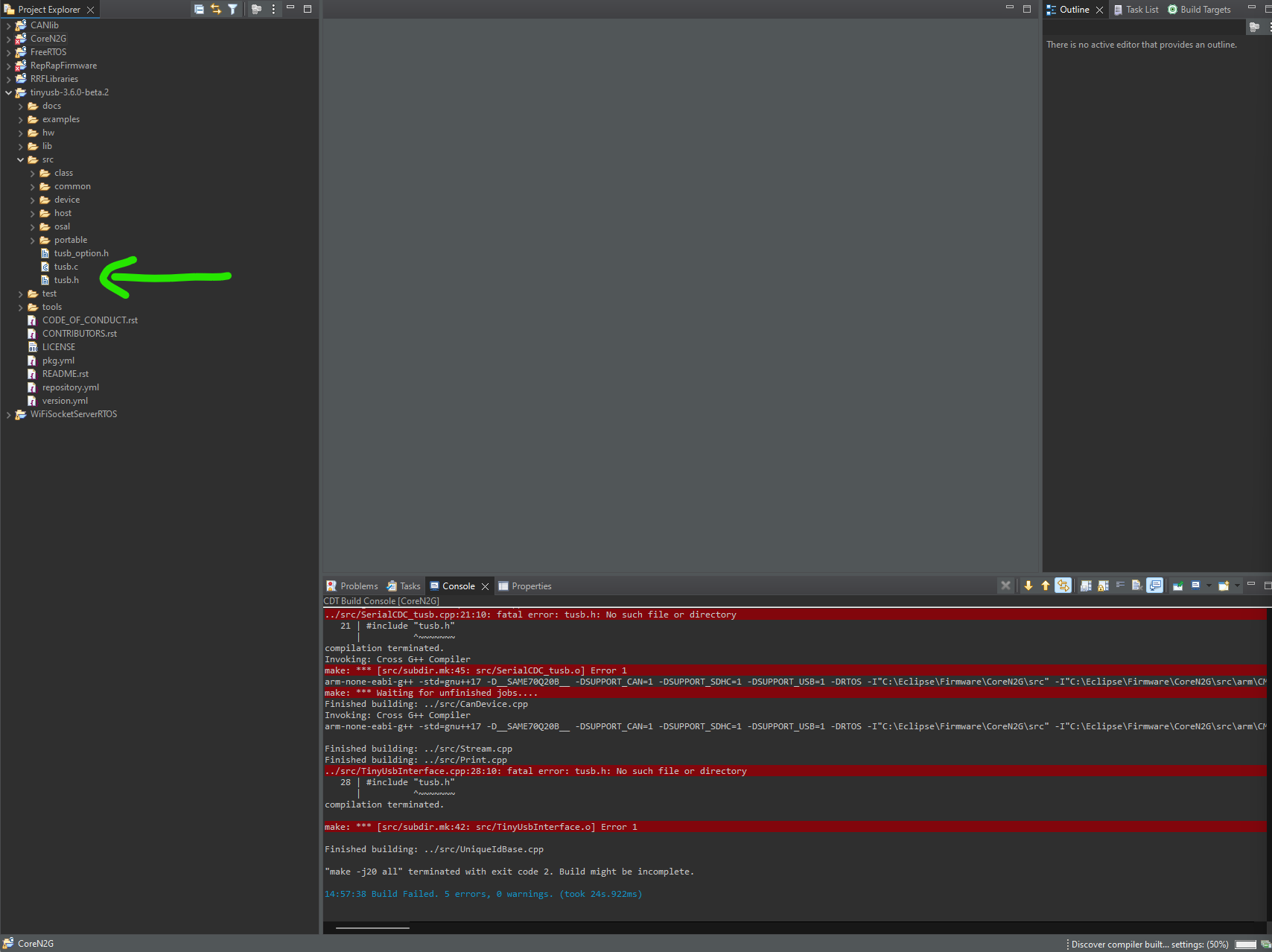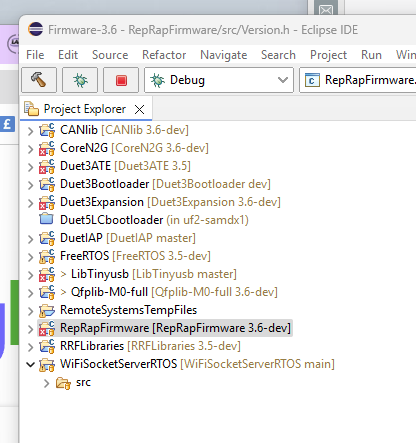Other analog Scanning Z Probes?
-
@qurt said in Other analog Scanning Z Probes?:
Keyence Sensor
Which one are you considering using they seem to have a large range. I had a quick look and I couldn't see one that was a good fit for 3D printing (needs to be small and have an accuracy of at least 0.01mm ideally better than that).
-
@gloomyandy Our printer has a large layer Hight therefore we are fine with e.g. a layer height of 0.1mm.
At the moment we are using the IL 300 -
Was that helpful? What are the next steps?
-
@qurt You didn't say which of the sensors you thought would work for you, without knowing that I doubt if anyone can help.
As I said above from a quick look at the sensors none of them looked to offer the resolution/accuracy/size that would be useful for the majority of printers out there. I can't speak for the Duey3d folks but given the above I'd be surprised if they would want to invest the time and money in supporting them. But who knows. If this is for some sort of commercial printer with possible OEM business for Duet3d they may be interested, if that is the case I'd suggest contacting them directly.
-
@gloomyandy Sorry I mean that the IL300 should work for us. Here is the Link: https://www.keyence.de/products/sensor/positioning/il/models/il-300/
-
I am not expecting that duet will integrate this particular sensor. I am more expecting to have a documentation of how I can add any sensor that gives me an Analo value or in what ever way a distance to the bed.
-
@qurt That's an interesting device, but I'm not sure the minimum range of 160mm makes it very suitable as a general 3d printer bed sensor. I also couldn't easily see what the actual electrical interface to the sensor was, do you have the details. Does it provide an analogue voltage (what range) that is proportional to the height? I doubt if anyone is going to implement some sort of "generic analogue probe interface" without having a particular probe in mind.
-
@qurt If the output of the sensor is in the range 0 to 3.3V, or can be scaled to be this (using a simple voltage divider circuit), you can set it up as a probe or a sensor. I can't see or download the datasheet for the IL300 without creating an account to check the details, though.
See M558 and probe type 1 or 3 https://docs.duet3d.com/en/User_manual/Reference/Gcodes#m558-set-z-probe-type
You could set it up as sensor, rather than a probe, and used the 'linear-analog' sensor type; see https://docs.duet3d.com/en/User_manual/Reference/Gcodes#m308-set-or-report-sensor-parametersIan
-
@droftarts Although you may be able to set up this sort of sensor as a type 1 or 3 probe, I don't think doing that will allow it to be used in scanning mode.
-
@gloomyandy Ah, yes, true, I forgot the title of the thread! One for @dc42.
There was some talk of allowing the IR probe to be a scanning probe (though it would require a firmware change on the IR probe itself, which needs to be flashed using a programmer or Arduino), but David has had other development priorities.
Ian
-
Thank you.
@gloomyandy yes exactly - The request is to use it in scanning mode.
@droftarts I am a bit confused. Why do you need to flash the z-probe? What output do you need there? Shouldn't an anlog value be sufficient for the board to measure the bed in scanning mode.
-
@qurt said in Other analog Scanning Z Probes?:
@droftarts I am a bit confused. Why do you need to flash the z-probe? What output do you need there? Shouldn't an anlog value be sufficient for the board to measure the bed in scanning mode.
I was talking about a specific probe that Duet3D produces, which needs a firmware update if it is to be used as a scanning probe. As to how a scanning probe works, @dc42 would have to explain what data format Duet boards expects. I would imagine that read latency is an issue, and that it involves tight timing between the probe and the mainboard.
Ian
-
@droftarts Do you need quicker cycletimes than 0.33 to 5ms?
And yes this is the entire purpose of this question. -
@droftarts Old topic, but I have another general analogue output probe (loadcell with op-amp structure and amplification with custom canBUS board)
I can configure and measure using the scanning Z probe (11) definition, but a load cell is unsuitable for a "scanning" measurement. It is however not possible to define it as a P1 probe on a canbus toolboard.
May I ask why this decision was made, and where in the firmware I could look to make it possible?
-
@SanderLPFRG The wiki says here https://docs.duet3d.com/User_manual/RepRapFirmware/CAN_limitations#semi-permanent-limitations that it's technically possible to have other probe types beyond 8, 9 and 11. I think the concern is about latency, but @dc42 would know better, and be able to give you the advice on firmware.
Ian
-
@droftarts I see.
I get why it would be a possible issue with latency but for our use we need to be able to define it as such.
We found in the source code where it defines the probe and throws an error, but we would like some advice on if just removing the error gives us a solution -
@SanderLPFRG I think there are two pieces of work needed to support other types of scanning Z probe: (1) allowing general analog-output Z probes to be used in scanning mode; and (2) supporting analog Z probes over CAN.
-
@dc42 said in Other analog Scanning Z Probes?:
Yeahh the biggest issue is that I do not want the loadcell configured as a scanning-type probe, but as a normal analog probe, which is prohibited for CANboards. so I am leaning to version 2.
I am trying to build new firmware for the 6HC (to remove the error it raises when remote Z probe type is not 8, 9 or 11) but I am getting building errors regarding the CoreN2G...
"../src/TinyUsbInterface.cpp:28:10: fatal error: tusb.h: No such file or directory"
-
@dc42 please note that the tusb.h file is actually present

-
@SanderLPFRG looks like you are using the wrong tinyusb project. The one we use is called Libtinyusb.
